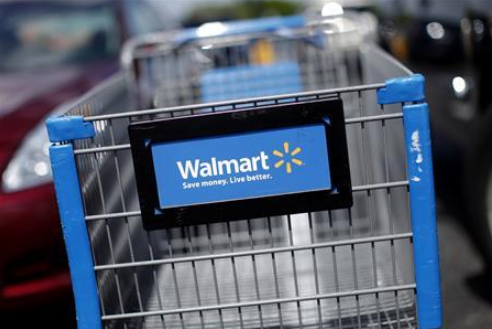In April, Wal-Mart implemented the wage hike for its 500,000 staff, increasing their pay to a minimum of $9/hour, Consolidate Times reported. The rate is said to have increased to $1.75, an amount that puts their hourly wage above federal payment. Market analysts cited the move as a possible threat to other enterprises across the United States.
In a statement made by Wal-Mart's CEO Doug McMillion, as reported by Business Insider, he said, "These are deliberate investments in our people to reignite the sense of possession they have in our stores. Thus we firmly believe clients will benefit from a better store experience which can drive higher sales and returns for shareholders over the long run."
Wal-Mart had a setback on hiring more employees and finds it even harder to retain their current ones, when another retail store GAP made the move to increase their minimum wage to $9/hour. Wal-Mart's decision to increase their minimum wage doused the impending hiring setback and increased their staff turnover, making them one of the highest in the United States.
Wal-Mart's influence on the wage hike had some other retail stores contemplate on implementing the same thing to their stores. TJ Maxx for example, vowed to increase their minimum wage to $9/hour and will increase it to $10/hour by 2016, despite mentioning that the move may alter some of their strategic plans ahead.
Dollar Tree (DLTR) however, made it clear that they have no intentions of following Wal-mart's action, but pointed out their thorough analysis of their sales in order to give their workers their due compensation.
The minimum wage across the United States is $7.25/hour, and some other states vowed to increase their hourly rate for workers to at least $8-10/hour. The government of President Barrack Obama wants to increase the minimum rate to $10.10/hour.



























